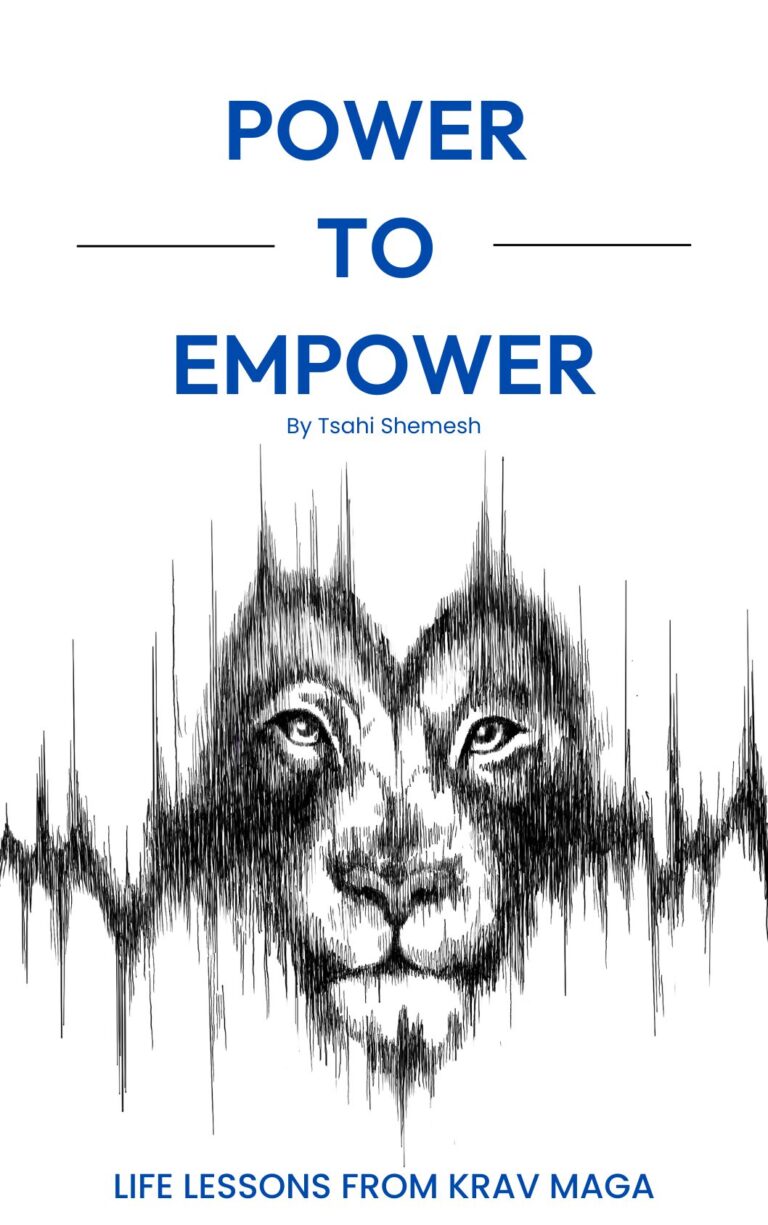Reasonable Force in Self Defense: Why Strength Is Not the Same as Violence
In today’s world, it is easy to get confused about strength. We live in a time that values sensitivity, emotional awareness, and nonviolence. Social progress is often measured by how careful we are with language, how inclusive we try to be, and how gently we treat one another. All of that matters. But in the process, something essential has been quietly lost: the understanding that strength is necessary.
Not abusive strength. Not ego-driven dominance. Real, grounded power. Physical, mental, and moral strength. Without it, the conversation about reasonable force in self-defense becomes distorted. People confuse preparedness with aggression and restraint with weakness. That confusion does not make the world safer. It makes people less capable.
There was a time when strength did not need to be justified. Life made its value clear. If you were not strong enough to protect yourself or the people you loved, no one else would do it for you. Strength was not a personality trait. It was a responsibility.
As societies became more structured and protected by laws and systems, power itself started to be viewed with suspicion. In trying to reduce violence, we also began to fear strength. Many people now hesitate to stand tall or assert boundaries, not because they do not need strength, but because they have been told it is wrong to have it.
What Does “Reasonable Force” in Self-Defense Really Mean?
Reasonable force in self-defense does not mean default aggression. It does not mean responding emotionally, impulsively, or excessively. It means using only what is required to stop a real threat and regain safety.
The key word is capability. You cannot choose restraint if you are incapable of action. You cannot decide how much force is reasonable if you have none available to you in the first place. Reasonable force is not about proving something. It is about having options and choosing wisely under pressure.
This is where many people misunderstand the concept. They hear “do not use force unless absolutely necessary” and translate it as “avoid strength altogether.” That interpretation is dangerous. Avoiding aggression is not the same as avoiding preparedness.
Why Strength Is Required to Choose Restraint
Self-control only exists when there is something to control. If you remain passive because you said nothing, saw nothing, or froze, that is not virtue. That is paralysis.
Restraint becomes meaningful only when you are capable of acting and consciously choose not to. Discipline is not the absence of power. It is power under control. Peace without the ability to protect yourself is not peace. It is helplessness dressed up as morality.
This distinction matters. A person who cannot respond does not get to claim restraint. A person who can respond and chooses not to is exercising judgment. Strength gives you the freedom to choose.
Strength vs Violence: Understanding the Difference
Strength is readiness. Violence is misuse.
Strength prepares you to respond when something goes wrong. Violence seeks domination, release, or validation. Strength is measured. Violence is uncontrolled. Strength carries responsibility. Violence avoids it.
Understanding this difference is critical. Many people reject strength because they associate it with harm. In reality, harm comes from a lack of control, not from capability. Strength itself does not make someone dangerous. Ignorance, fear, and lack of training do.
When Not Using Force Is the Right Decision
Choosing not to use force can absolutely be the right decision. Often, it is. But that choice must come from awareness, not fear. From presence, not avoidance.
De-escalation is a skill. Awareness is a skill. Reading intent, managing distance, and controlling your emotional response all require training. Avoidance that comes from clarity is different from avoidance that comes from panic.
Presence matters. When you are present, you can assess. When you are passive, things happen to you.
Why Fear of Strength Creates Silent Targets
One of the biggest dangers today is the fear of appearing strong. People tolerate boundary violations because they do not want to seem aggressive. Boundaries are crossed physically, emotionally, and morally because saying nothing feels safer than confronting discomfort.
The problem is that avoiding confrontation at all costs does not reduce harm. It invites it. Weakness does not make you safe. It makes you dependent on others for protection and mercy.
Strength does not turn you into a threat. It turns you into someone who cannot be easily ignored or dismissed.
Preparedness Over Aggression: The Krav Maga Approach
This is where Krav Maga is often misunderstood. The system is not built around seeking fights or proving toughness. It is built around preparedness, response, and survival.
The goal is not violence. The goal is to function under stress, to avoid freezing, and to act decisively when no other option remains. Training builds familiarity with pressure so that fear does not make decisions for you.
You build strength not to hurt others, but so you are not at the mercy of those who want to hurt you.
Reasonable Force Is a Choice – Only If You Have It
Telling someone “do not use force” only makes sense if that person actually has force available to them. Otherwise, it is not a choice. It is a limitation.
Strength comes with responsibility. It requires judgment. It demands restraint. But without strength, there is no responsibility to speak of, only vulnerability.
Peace is a goal. Strength is what makes that goal achievable.
Do something amazing,
Tsahi Shemesh
Founder & CEO
Krav Maga Experts
Related reading from the KME blog:
- The Paradox of Choice – On freezing under pressure, and why training matters more than intentions
- How to Teach Someone to Fight Without Making Them Violent – Understanding the difference between controlled training and aggression
- What Makes a Place Feel Like Home – On belonging, boundaries, and building inner strength
Frequently Asked Questions About Reasonable Force in Self Defense
What is a reasonable force in self-defense?
Reasonable force is the amount of action required to stop a real threat and regain safety. It is not about punishment or dominance. It is about ending danger.
Is using force the same as being violent?
No. Violence is uncontrolled and driven by emotion or intent to harm. Force used responsibly is measured, purposeful, and limited to what the situation demands.
When is force justified in self-defense?
Force is justified when there is a credible threat to your safety and no reasonable alternative remains. Timing, intent, and context all matter.
Can choosing not to use force be a form of strength?
Yes, but only if the choice comes from capability and awareness. Choosing not to act because you are afraid or unprepared is not a strength.
How do you prepare to use force responsibly?
Preparation comes from training under pressure, understanding boundaries, and learning to manage stress responses before they control you.
How does training help with decision-making under pressure?
Training reduces hesitation, builds familiarity with stress, and creates clarity. It allows you to think and act when others freeze.


2 Responses
I like the efforts you have put in this, regards for all the great content.
I’m genuinely grateful to the writer of this post—your words were a powerful reminder to reconnect with my inner strength.